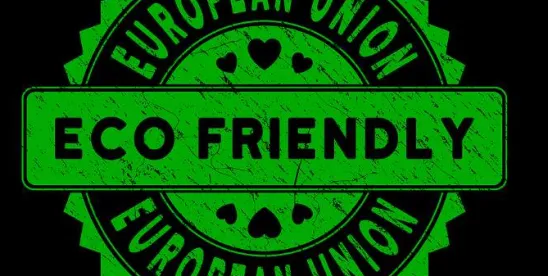On 31 July 2025, the European Financial Reporting Advisory Group (EFRAG) launched its much anticipated 60-day consultation on the revised and simplified European Sustainability Reporting Standards (ESRS) for companies in scope of the Corporate Sustainability Reporting Directive (CSRD).
EFRAG’s mandate from the European Commission, received in March 2025, as part of the “Omnibus” initiative to streamline corporate sustainability reporting, was to deliver a more manageable and accessible reporting framework via revamped ESRS without undermining the core objectives of the European Green Deal or the CSRD. The current consultation on the revised ESRS is a direct response to this mandate and is central to the EU’s broader simplification agenda to reduce burdens on companies.
We set out below key areas of the consultation, which will run until 29 September 2025.
Headline Changes in the Draft Amended ESRS
EFRAG’s proposed amendments published in the consultation are intended to make the ESRS more practical, accessible and less resource-intensive, particularly for companies newly brought into scope by the CSRD. The impact of the proposed changes is significant:
- mandatory datapoints (if material) have been cut by 57%; and
- the overall length of the standards has been reduced by over 55%.
The main changes are as follows:
- Simplified Double Materiality Assessment: The process for determining what is “material” for reporting has been streamlined. Companies are now expected to start with their business model and only need to provide evidence that is reasonable and proportionate. This is intended to reduce unnecessary scoring.
- Clearer Structure and Language: The revised standards use more consistent terminology across the ESRS and a clearer structure. The relationship between impacts, risks and opportunities (IROs) and the topics to be reported is newly explained, which is intended to help companies understand better what is required and reduce duplication. The explanation of “connected information” has also been revised to support reducing repetition and fragmentation of information.
- Executive Summary Option: Companies can include a short summary at the start of their sustainability statement, making it easier for stakeholders to grasp the key information.
- Voluntary Disclosures Removed: Only mandatory disclosures remain in the main standards. Voluntary disclosures have been changed to separate “Non-Mandatory Implementation Guidance”, so companies can focus on what is legally required.
- Relief Mechanisms: New exemptions have been introduced for situations where reporting would be excessively costly or difficult, drawing inspiration from international standards such as the ISSB’s IFRS S1 and S2.
- Materiality and Financial Effects: A major clarification addresses what EFRAG describes as the “gross versus net” issue in impact materiality. Companies may now consider, in the impact materiality assessment, the outcomes of mitigation or prevention measures if there is supportable evidence that these actions reduce the severity or likelihood of negative impacts. It is likely that companies will welcome the ability to take into account their mitigation and remediation actions when assessing a negative impact’s severity and scale.
On reporting financial effects, EFRAG is seeking feedback on two options for companies to disclose financial effects:
- Mandatory quantitative disclosure, with reliefs if not possible, defaulting to qualitative information; or
- Mandatory qualitative disclosure, with optional quantitative information.
What Remains Unchanged
Certain requirements, such as the definition of value chain for financial institutions, exemptions for financial holdings, and rules on confidential information, are not addressed in this round of amendments. Instead, these areas, and others, will be negotiated and amended via implementing directives as agreed by the Council of the European Union, European Parliament and the European Commission.
Voluntary Standard for Non-Listed SMEs
Separately, the Commission has adopted EFRAG’s Voluntary Sustainability Reporting Standard for non-listed micro, small, and medium-sized enterprises (VSME). This is intended to be a practical, proportionate framework for SMEs with fewer than 250 employees, designed to help them respond to increasing ESG data requests and improve access to finance. While voluntary, it signals the encouraged direction of travel for smaller entities and their advisors.
Next Steps
- EFRAG Public Event: September 2025
- Consultation closes: 29 September 2025
- EFRAG review and revision: Autumn 2025
- Final standards submitted to the Commission: Late 2025
- Intended Implementation: Phased in from 2026
Conclusion
EFRAG’s draft amendments to the ESRS, developed in response to the EU Omnibus simplification package, represent a decisive shift towards a more streamlined sustainability reporting regime under the CSRD. Affected stakeholders are encouraged to review the Exposure Drafts closely, assess the implications for their organizations or clients and consider submitting feedback before the consultation closes.





 />i
/>i
